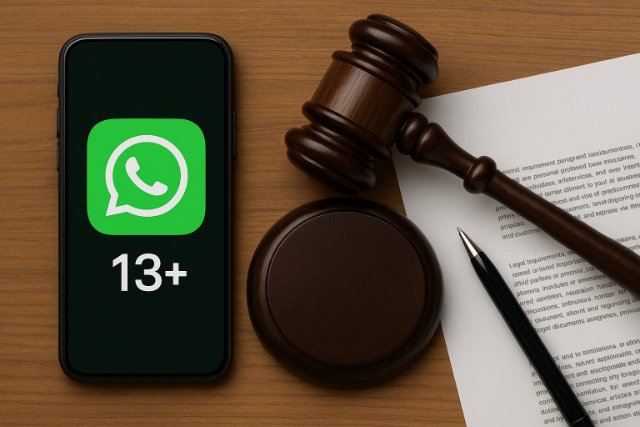Users should right now be no less than 13, however the firm is changing the standards in front of the presentation of new EU information security controls in May.
The application, which is claimed by Facebook, will request that clients affirm their age when incited to concur new terms of administration in the following couple of weeks.
Review WhatsApp’s Updated Age Policy

WhatsApp’s decision to increase the minimum user age to 16 in the EU was directly tied to GDPR compliance. GDPR requires parental consent for processing personal data of minors under 16, though individual member states can set this limit as low as 13. WhatsApp opted for the strictest interpretation across the EU to avoid non-compliance.
The new age threshold means that teenagers between 13 and 15 years old in the EU are no longer eligible to create new accounts or maintain existing ones without parental oversight. Users are now prompted to confirm their age during registration or account revalidation. This change creates a clear barrier intended to protect younger users from privacy risks.
Understand the Role of GDPR in Age Restrictions
The GDPR reshaped the way companies collect, store, and process personal data within the EU. One key provision concerns the digital age of consent. While GDPR set the default age at 16, it allowed member states to reduce it to as low as 13. Many platforms, including social media giants like Facebook and Instagram, retained the 13-year-old threshold in countries that permitted it. WhatsApp, however, chose uniformity.
For WhatsApp, compliance with GDPR is not just a legal requirement but also a reputation safeguard. Violations can result in penalties of up to €20 million or 4% of global annual turnover. By raising the age threshold, WhatsApp ensures that it minimizes risk exposure while signaling a strong commitment to data protection.
Communicate the Change to Younger Users
A critical step for WhatsApp and parents alike is ensuring that teenagers are fully aware of the updated rules. Many teenagers rely heavily on WhatsApp for school-related communication, group chats, and social interactions. Sudden account restrictions could disrupt their routines.
WhatsApp introduced prompts during login to verify a user’s age. However, verifying age digitally presents challenges since users can misrepresent their information. This is where parental involvement becomes crucial. Parents must inform children about the reasons behind the new restriction and guide them toward compliant communication alternatives.


